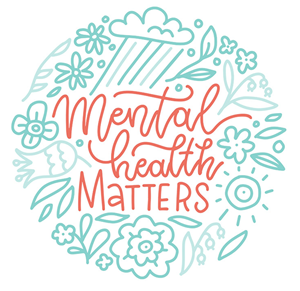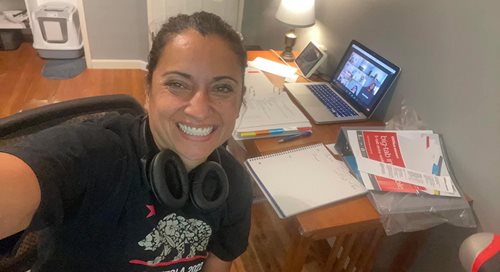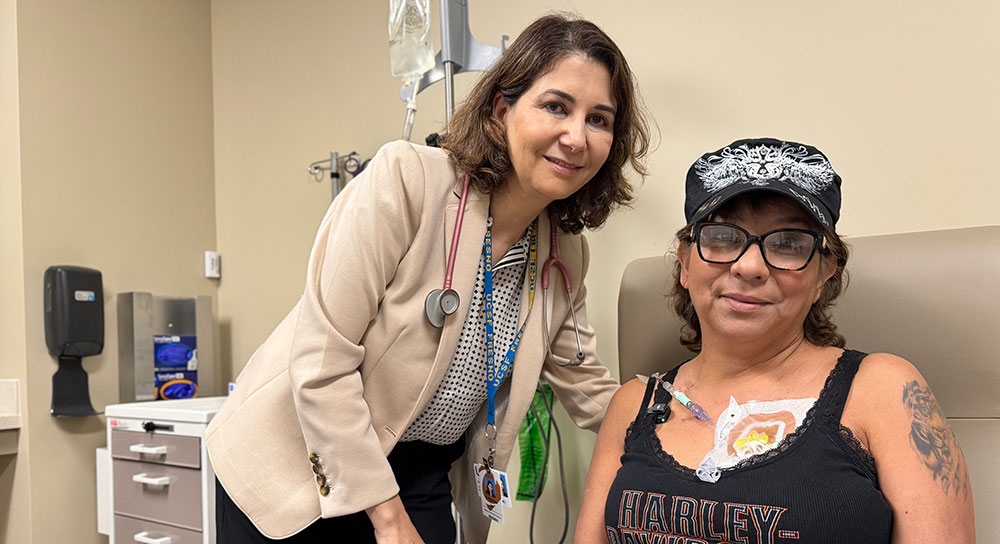 In Fresno County, nearly 17% of adults likely have serious psychological distress and 53% may need or are already accessing behavioral health services, according to county data.
In Fresno County, nearly 17% of adults likely have serious psychological distress and 53% may need or are already accessing behavioral health services, according to county data.
That’s no surprise to Dr. Rick Adams, clinical psychologist and manager of ancillary services, Community Behavioral Health Center. The Behavioral Health Center, part of Community Health System, receives patients who are medically stabilized by the emergency care teams at Community Regional Medical Center and Clovis Community Medical Center but require additional observation and care. “They may be in a mental health crisis and need more stabilization,” Dr. Adams explained.
Patients can also check themselves into the facility if they are experiencing a crisis.
Local resources lag behind the rest of the state
Mental health conditions like depression, anxiety and mood disturbances are on the rise locally as more of the population experience financial stress, homelessness and addictions, he said.
Local resources are struggling to keep up. “We have about half as many psychiatric beds per 100,000 people as the rest of the state,” said Dr. Adams. With 73 beds, Community Behavioral Health has long been the largest psychiatric facility in the Fresno area, but it alone cannot meet all the community’s needs.
That’s why early intervention is important. “We fully support programs to counsel adults and teens who are distressed and to keep them from trying to harm themselves or others,” he said.
The range of mental health disorders
 “Mental health disorders” is an umbrella term used to describe conditions — like depression and eating disorders to thoughts of suicide, schizophrenia and addictions – that affect how you think, behave and form relationships.
“Mental health disorders” is an umbrella term used to describe conditions — like depression and eating disorders to thoughts of suicide, schizophrenia and addictions – that affect how you think, behave and form relationships.
Gordie Ochinero-Bermundez, now 53, was a teenager In the 1970s and early 1980s and recalls the challenges with relationships and thinking “normally.”
“Being gay was not talked about back then, especially within the Hispanic and Catholic cultures, both of which I grew up in,” she said. She contemplated suicide many times. “I didn’t want to live, but I also didn’t want to die.”
Drug-addicted and coping with bipolar depression and having ADHD (Attention Deficit Hyperactivity Disorder) and paranoid thoughts brought on by childhood trauma, she eventually ended up living on the streets. After three years of being homeless and using drugs to cope, she realized something extraordinary: “I wanted my life to have a purpose. I wanted a better life for the little girl still inside me; I wanted to give myself a chance.”
Getting sober to start her new life
Ochinero-Bermundez got sober and off the streets and sought help for her mental health struggles. Once she’d turned her life around, she was able to pursue a long-held passion to help others. She joined Poverello House in downtown Fresno to work with the homeless before becoming a presenter in 2021 with the National Alliance on Mental Illness (NAMI). NAMI Fresno is the local chapter of the largest mental health organization in the U.S. As a grassroots organization, NAMI provides education and support and to those with mental health challenges and advocates to reduce the stigma of mental illness.
As a NAMI Fresno peer-to-peer presenter, Ochinero-Bermundez shares her journey through substance abuse, mental illness and homelessness with others. She’s one of several presenters NAMI uses to reach people with diverse backgrounds and life experiences.
“Presenters like Gordie have ’lived experience’ with mental health, whether it was their own or someone in their family with challenges,” said Christine Roup, executive director with NAMI Fresno.
Helping local teens (and adults) with mental disorders
Making an early peer-to-peer connection is especially important with teens, which is why NAMI sponsors clubs at local middle and high schools.
“Our school districts locally and throughout the county are doing great work in building mental health resources students can access right on their school campuses. But sometimes that's not enough,” says Roup. “The clubs create a safe space where students can open up and discuss their challenges,” explained Roup.
Community Health System has contributed over $200,000 since 2018 to mental health programs aimed at Clovis Unified K-12 students and families. Efforts to address social and emotional issues among the district’s youth are in response to incidents of suicide, suicide attempts, anxiety over racial issues and increased involuntary mental health holds at local hospitals among the area’s youth.
NAMI encourages parents to also create safe spaces for their teens to talk to them, especially if they see warning signs of depression like overwhelming sadness, withdrawal from friends and family or being very irritable.
“A lot of teens want to be academic or athletic super-achievers but that can take a toll mentally if they’re feeling overwhelmed and pressured,” said Roup. “They need balance in their lives, including mental support but also a healthy diet and enough sleep.”
Depending on the type and severity of the mental disorder, treatment may include medication, therapy or even some type of recreational activity like equine therapy (learning to groom and ride a horse).
“There are many kinds of therapies that will give someone a boost in their mental health and learn to manage their symptoms,” said Roup.
‘It won’t just go away’
There are many local organizations like NAMI that provide information and support to teens and adults. Probably the best thing to do if you or someone you know is going through tough times mentally is to see your healthcare provider or school counselor to ask about local resources or clubs.
Roup acknowledged that reaching out for help — even from loved ones — can be hard. “Unfortunately, mental illness isn't something that people openly talk about. It's still very stigmatized,” she said. “But it’s important to understand that while mental illness can be treated, it won’t just go away.”


.jpg?language=en-US)


